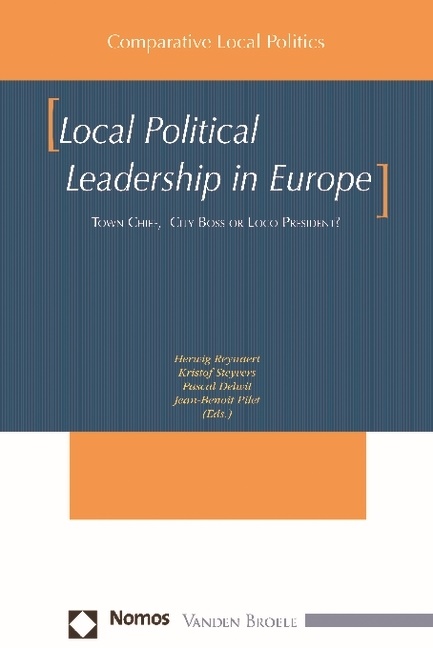Read more
In many European countries, local political leadership is in transformation. The latter is often seen as a response to the emergence of local governance, entailing the proliferation of governing institutions (multi-level) and the development of new networks and policy initiatives (multi-actor). The complexity and fragmentation that stem from these shifts evoke dilemmas of coordination and accountability. As a cure, strengthening local political leadership is often turned to. Leaders are expected to pull the frameworks of local decision-making together, act as entrepreneurs in an increasingly competitive environment and function as figureheads of the municipality.
While in some countries roles transformed within the existing frameworks, others have deliberately sought an institutional redefinition of their local leadership. In search for a 'symbolic synthesizer', many have individualized the selection of leadership positions and concentrated executive powers in their hands. Often, but not exclusively, these are coinciding and concentrating in the office of mayor. Today, local leadership is predominantly expected to be both visionary (providing strategic direction to the policy-agenda) as well as integrative (creating and mobilizing networks) including both authoritative as well as empowering style aspects.
It is to the impact of these transformations that this book turns in focusing on the acquisition, the performance and the consequence of local political leadership in transformation. The book provides a comparative account of these issues in bringing together a selection of leading scholars in this field in Europe.

